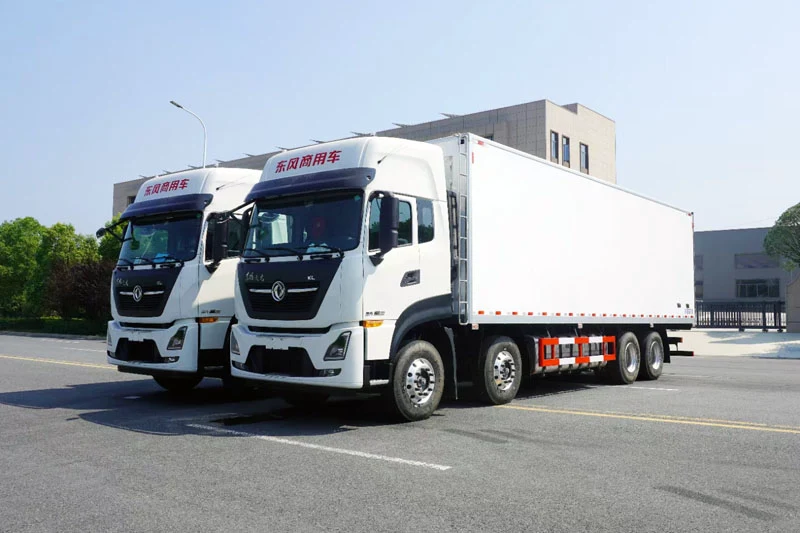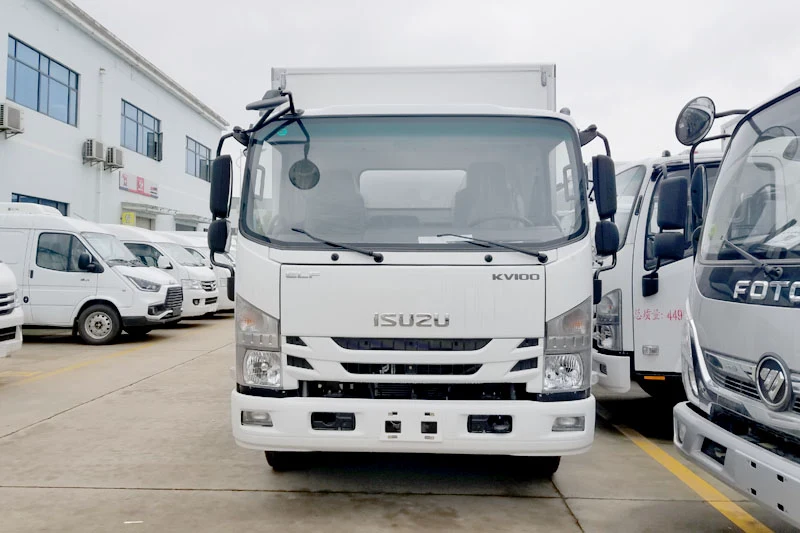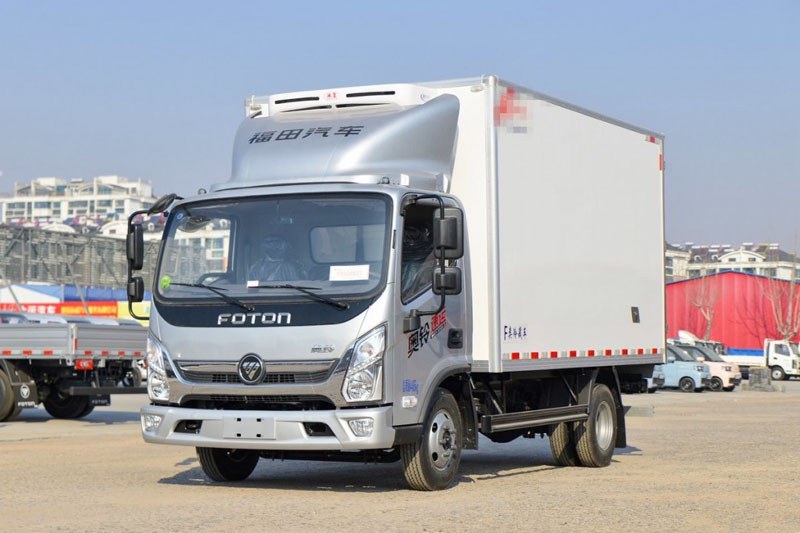8 Essential Maintenance Tips for Refrigerated Trucks
- Author:VIEPTRUCK
- Time:2024-10-10 04:44
Maintaining the longevity and efficiency of a refrigerated truck is crucial for ensuring the safe transport of temperature-sensitive goods such as food and pharmaceuticals.
Proper maintenance not only extends the vehicle's lifespan but also ensures that the refrigeration system operates effectively, preventing spoilage or damage to cargo.

Here are eight essential maintenance tips to keep your refrigerated truck in optimal condition:
1. Check Fuel Levels Before Departure
Before setting out, always ensure that your refrigerated truck has sufficient fuel. A well-fueled truck is vital for uninterrupted travel and maintaining the refrigeration system’s functionality throughout the journey. Insufficient fuel can lead to unexpected stops and potential delays, affecting delivery schedules.
2. Inspect Battery Connections
Verify that the truck’s battery connections are secure and undamaged. Check the battery terminals for any signs of corrosion and ensure that the electrolyte levels are adequate. Proper battery maintenance is essential for reliable starting and consistent power supply to the refrigeration unit and other electrical systems.
3. Examine Vehicle Components
Conduct a thorough inspection of the truck's components before driving. Ensure that all parts, such as bolts, nuts, and other fasteners, are properly tightened. Address any mechanical issues or loose components before hitting the road to avoid potential breakdowns or safety hazards.
4. Ensure Drainage System is Clear
Check that the truck’s drainage system is clear and free from blockages. A properly functioning drainage system is critical for preventing water accumulation, which can affect both the vehicle’s performance and the refrigeration system’s efficiency.
5. Properly Load Cargo
When loading the refrigerated truck, ensure that cargo is not obstructing the evaporator’s air outlets. Proper air circulation is essential for maintaining an even temperature throughout the cargo area. Avoid stacking goods too high or blocking air vents to ensure effective cooling and temperature control.
6. Monitor Refrigerant Levels
Before operating the truck, check the refrigerant levels in the cooling system. The refrigerant level should be within the normal range as indicated on the coolant level gauge. If the refrigerant is low, promptly refill it to maintain optimal cooling performance and preserve cargo freshness.
7. Adjust Safety Belts
Ensure that all safety belts are properly adjusted. The belts should be neither too loose nor too tight to provide adequate protection in the event of sudden stops or collisions. Proper adjustment enhances safety and ensures compliance with regulations.
8. Inspect Electrical Connections
Before starting the truck, inspect all electrical connections and wiring. Check for any signs of wear, damage, or fraying in the wires. Secure any loose connections and repair or replace damaged wiring to prevent electrical failures and ensure the refrigeration system operates smoothly.
Refrigeration Unit Maintenance
The refrigeration unit is a critical component of a refrigerated truck and requires regular maintenance to function efficiently. Follow these guidelines to keep the cooling system in top condition:
Scheduled Maintenance: Refrigeration units should be serviced every 500-700 hours of operation. This maintenance typically includes replacing air filters, oil filters, and fuel filters, as well as checking the tension of drive belts and inspecting the cooling system for leaks.
Use of Synthetic Oils: Some modern refrigeration units use synthetic or semi-synthetic oils to reduce environmental impact and extend the intervals between oil changes. These oils help minimize harmful emissions and improve engine efficiency. Typically, synthetic oils require changing every 2,000 hours of operation.
Leak Checks: Regularly check for leaks in the refrigerant system. Leaks can lead to decreased cooling efficiency and increased operational costs. Promptly address any leaks to maintain the system's performance and prevent cargo spoilage.
Cleaning: Keep the condenser and evaporator coils clean to ensure optimal heat exchange efficiency. Accumulated dirt and debris can hinder cooling performance and lead to increased energy consumption.
Professional Inspections: Schedule periodic inspections by a professional technician to address any complex issues and ensure that the refrigeration unit is operating according to manufacturer specifications.
Conclusion
Proper maintenance of a refrigerated truck is essential for ensuring the longevity of the vehicle and the effectiveness of the refrigeration system.
By following these eight maintenance tips and regularly servicing the refrigeration unit, you can prevent costly repairs, ensure reliable temperature control, and maintain the quality of your cargo.
For any specific maintenance needs or further assistance, consult with a professional or contact your vehicle manufacturer.



